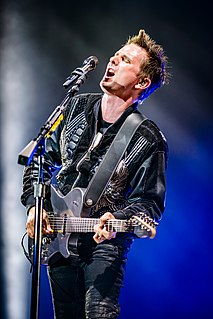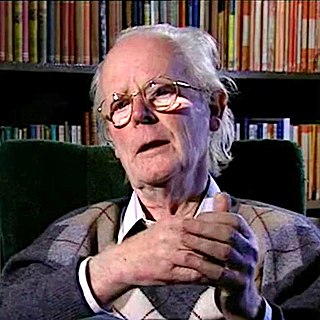A Quote by David Autor
Computers were programmed to swap out error-prone, inconsistent human calculation with digital perfection.
Quote Topics
Related Quotes
With both people and computers on the job, computer error can be more quickly tracked down and corrected by people and, conversely, human error can be more quickly corrected by computers. What it amounts to is that nothing serious can happen unless human error and computer error take place simultaneously. And that hardly ever happens.
Chess is a unique battlefield for human minds and computers - human intuition, our creativity, fantasy, our logic, versus the brute force of calculation and a very small portion of accumulated knowledge infused by other human beings. So in chess we can compare these two incompatible things and probably make projections into our future. Is there danger that the human mind will be overshadowed by the power of computers, or we can still survive?
Every disruptive innovation is powered by a simplifying technology, and then the technology has to get embedded in a different kind of a business model. The first two decades of digital computing were characterized by the huge mainframe computers that filled a whole room, and they had to be operated by PhD Computer Scientists. It took the engineers at IBM about four years to design these mainframe computers because there were no rules. It was an intuitive art and just by trial and error and experimentation they would evolve to a computer that worked.
At the age of 5, when I was in kindergarten, I often used to pass by the computer labs and see students doing work on computers. I realized that calculation, which would take us a long time to do, can be done in less than a second with the help of computers. So that is how my interest in computers began.
Right up till the 1980s, SF envisioned giant mainframe computers that ran everything remotely, that ingested huge amounts of information and regurgitated it in startling ways, and that behaved (or were programmed to behave) very much like human beings... Now we have 14-year-olds with more computing power on their desktops than existed in the entire world in 1960. But computers in fiction are still behaving in much the same way as they did in the Sixties. That's because in fiction [artificial intelligence] has to follow the laws of dramatic logic, just like human characters.
We will learn that computers, amazing as they are, still cannot come close to being as effective as human beings. A computer isn't creative on its own because it is programmed to behave in a predictable way. Creativity comes from looking for the unexpected and stepping outside your own experience. Computers simply cannot do that.
As an evolutionary biologist, I have learned over the years that most people do not want to see themselves as lumbering robots programmed to ensure the survival of their genes. I don't think they will want to see themselves as digital computers either. To be told by someone with impeccable scientific credentials that they are nothing of the kind can only be pleasing.
Failure's inevitable. It happens all the time in a complex economy. And how did the economy produce all these amazing things that we have around us, computers and cell phones and so on? Well, the process was trial and error. There were a bunch of ideas, and the good ones grew and prospered, and the bad ones were pretty ruthlessly weeded out.





































